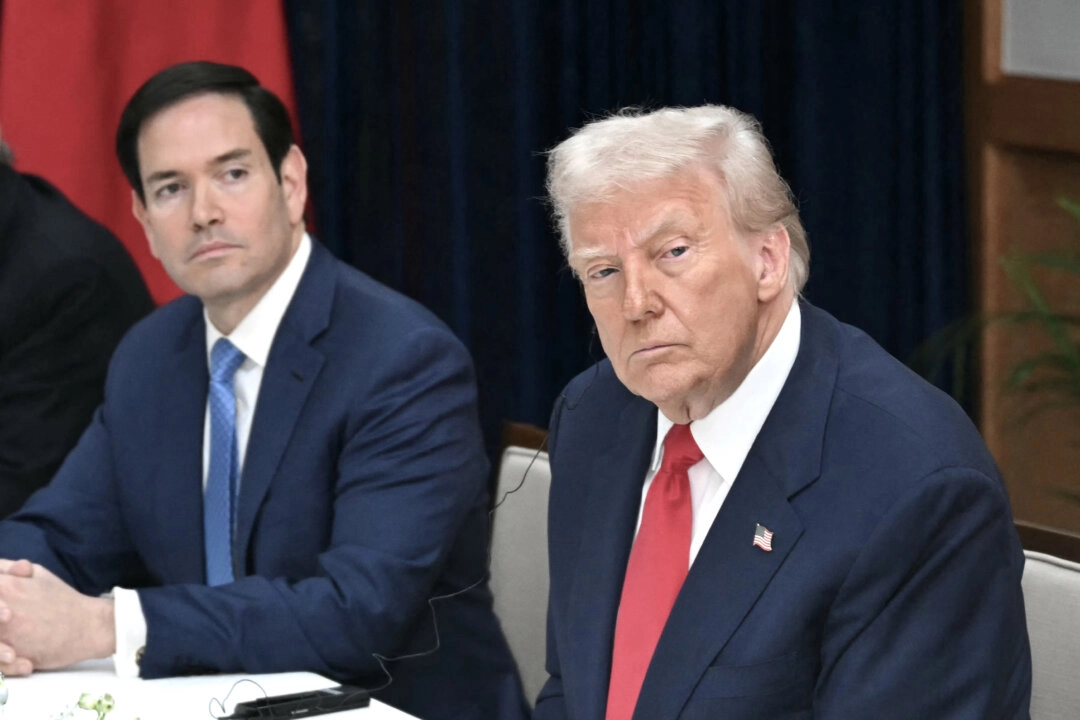A sweeping announcement has sent shockwaves through the foreign national community: 80,000 visas were revoked overnight, leaving thousands uncertain about their ability to remain in the United States.
While officials cited national security and law enforcement concerns, critics and immigration experts are questioning whether this represents a broader, more targeted crackdown.
On November 6, the U.S. Department of State confirmed the revocations, citing threats to public safety, criminal activity, and national security. A State Department official said the administration would act decisively against any foreign nationals who “undermine our laws.”
The cancellations span multiple categories: 16,000 for driving under the influence, 12,000 for assault, 8,000 for theft, and others linked to supporting terrorism or violent acts.
Temporary residents, including students, have also faced swift visa withdrawals if deemed a potential security risk.

High-profile cases drew particular attention. Visas were revoked for individuals who celebrated the assassination of conservative influencer Charlie Kirk, affecting nationals from countries including South Africa, Argentina, Brazil, Germany, Mexico, and Paraguay. The State Department emphasized that the U.S. has no obligation to host foreigners who wish harm on Americans.
Beyond revocations, the Trump administration has reduced the total number of visas issued. In May 2025, nonimmigrant visas dropped by over 16 percent from the previous year, while immigrant visas fell more than 20 percent. Student visas are under increased scrutiny, including social media vetting, and Chinese students with Communist Party ties have faced additional review.
H-1B visa rules have tightened as well, with employers required to pay a $100,000 fee for hiring foreign specialists and restrictions placed on foreign nationals involved in censoring Americans. Temporary visa periods for students, exchange visitors, and foreign media personnel have also been fixed.
The administration defends these measures as essential to protect U.S. citizens, prevent visa misuse, and uphold national security, though critics warn the policy may be overly broad and politically motivated.
Conclusion
The revocation of tens of thousands of visas marks a significant shift in U.S. immigration policy, prioritizing strict national security and law enforcement. From targeting criminals and security threats to scrutinizing students and foreign workers, the Trump administration is signaling that entry to the United States is a privilege, not a guarantee. Supporters hail the crackdown as necessary for safety, while critics raise concerns about fairness, due process, and long-term diplomatic consequences.
